End of financial year tax tips for investors
End of financial year tax tips for investors
If you own an investment property, it’s important to be aware of all of the tax deductions that could be available to you and plan smartly for the year ahead. Below is some general guidance, along with helpful links, to steer you through some top tips for the season.
Know what rental expenses you can claim
As a general rule, if you’ve spent money to earn rental income and kept records, you may be able to claim it as a tax deduction.
The Australian Taxation Office (ATO) sorts rental property expenses into three main types:
- Immediately deductible expenses (in the income year you incur the expense) – like interest on your investment loan, council rates, pest control, repairs and maintenance, and low-cost depreciating items (under $300).
- Deductions over time – such as capital works, borrowing expenses, and asset depreciation over several years.
- Expenses you can’t claim – such as personal expenses if you’re living in the property some of the time or certain second-hand depreciating assets purchased after 9 May 2017.
Split expenses if the property isn’t always rented
Do you list your investment property on short-stay platforms like Airbnb? Or only rent out part of it, like a room?
In that case, you’ll need to apportion your expenses based on how and when the property was used to generate income. The ATO has clear rules on this, and getting it wrong could mean missing out—or worse, over-claiming. You can find more information about how to apportion expenses correctly in the ATO’s rental properties guide.
Claim deductions spread across several years
Some expenses can’t be claimed all at once, but that doesn’t mean you should forget about them.
Borrowing expenses like loan setup fees can be claimed for five years or spread over the term of the loan, whichever is shorter. Borrowing expenses of $100 or less are deductible in the income year you incur them.
You can’t claim a deduction for capital expenditure, but in some cases, you may be able to claim capital expenses relating to your property over several years, including:
You can claim a deduction for the decline in value of depreciating assets used for income-producing purposes (e.g. timber flooring, carpets, curtains and dishwashers). A qualified quantity surveyor can prepare a depreciation schedule outlining the decline in value of depreciating assets for tax purposes.
Book in maintenance now (and claim it this year)
Leaving small repairs until “later” can mean waiting another year to claim them. So, if there’s any work needed on your rental, try to get it sorted before 30 June. Eligible repairs like replacing a broken hot water system, fixing a door lock, or getting pest control done may be tax-deductible if completed before the end of the financial year.
Don’t forget your loan and insurance costs
In most cases, the finance costs tied to your investment property are deductible. This includes:
- Interest on your investment loan
- Ongoing loan account fees
- Bank charges and borrowing costs
Insurance premiums may also be deductible, including cover for the building, contents, landlord liability, and loss of rent.
EOFY checklist for property investors
✓ Check what you can claim now vs. later
✓ Split expenses for part-time or partial-use properties
✓ Review borrowing and capital improvement deductions
✓ Finalise repairs and services before 30 June
✓ Include loan interest and insurance in your claims
✓ Keep detailed records and receipts
Thinking to buy a new property or refinance?
Tax time can have a big impact on your property buying journey, both positively and negatively. You should always seek professional advice in relation to your individual tax circumstances.
If you do decide to buy, we can assist with the finance side of things. Get in touch today and we’ll run through your investment loan options.



